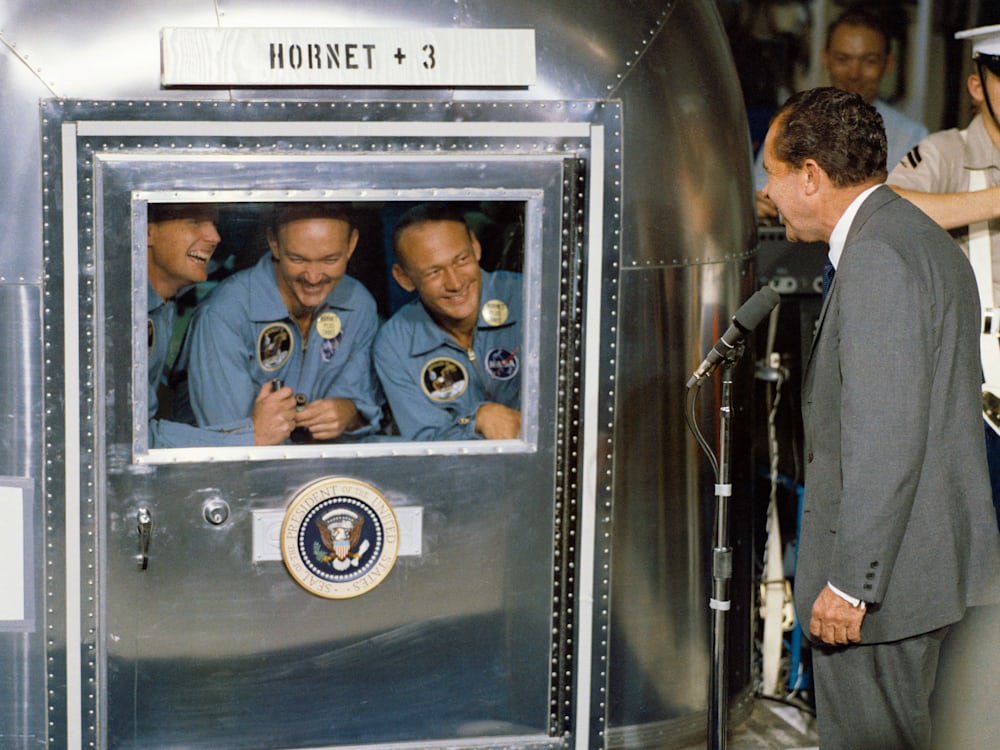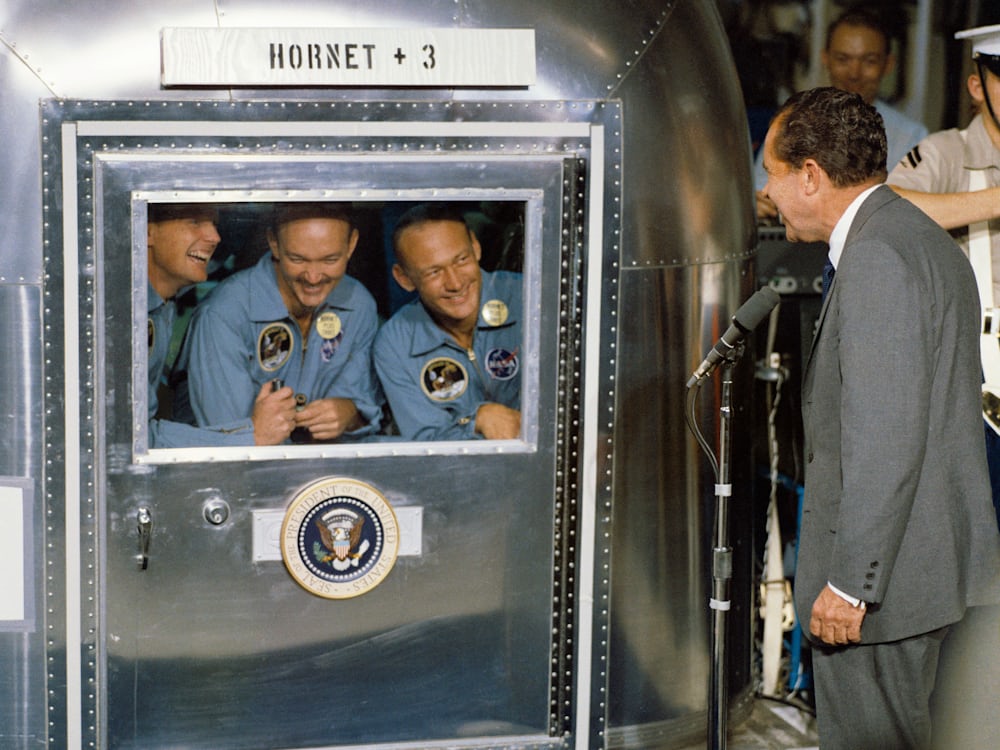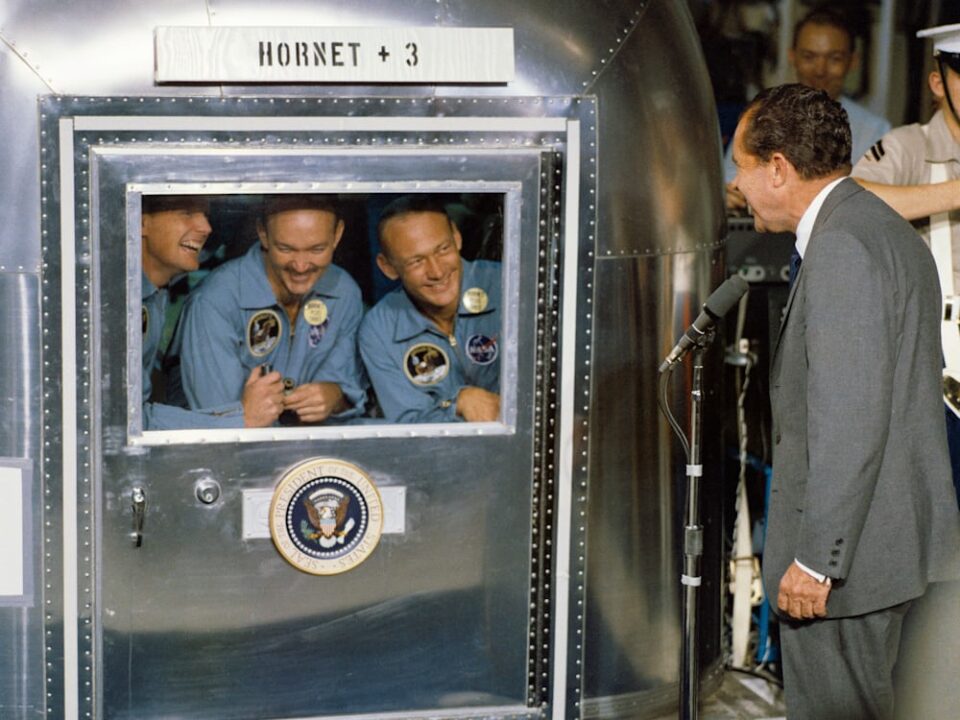In a historic turn of events, Vladimir Putin has emerged victorious in the Russian presidential election, securing his fifth consecutive term in office. The election, marked by intense political scrutiny and global attention, showcased Putin’s enduring popularity and influence within the Russian political landscape.

president puttin.

As Putin prepares to embark on another term as Russia’s leader, it’s essential to delve into his legacy, the challenges ahead, and the implications of his continued leadership on both domestic and international fronts.
Putin’s victory in the presidential election was met with mixed reactions domestically and internationally. Supporters lauded his strong leadership, economic policies, and efforts to restore Russia’s global standing, while critics raised concerns about democratic principles, human rights issues, and allegations of political repression.
The election campaign was characterized by a diverse range of candidates representing various political ideologies. However, Putin’s widespread appeal, backed by his track record and image as a strong, decisive leader, resonated with a significant portion of the Russian electorate.
During his campaign rallies and speeches, Putin emphasized themes of national unity, economic stability, and security, striking a chord with voters who prioritize stability and continuity in leadership. His promises to address pressing domestic issues, such as healthcare, education, and infrastructure development, also garnered support from diverse segments of the population.
As the election results were announced, confirming Putin’s victory with a significant margin, celebrations broke out among his supporters across Russia. Many viewed his re-election as a validation of his leadership style and vision for the country’s future.
However, Putin’s fifth term in office comes at a critical juncture, marked by both opportunities and challenges. Domestically, he faces the task of addressing socio-economic disparities, fostering innovation and technological advancement, and ensuring the well-being of Russian citizens amidst evolving global dynamics.
One of the key areas of focus for Putin’s upcoming term is Russia’s role in the international arena. With ongoing geopolitical tensions, economic sanctions, and diplomatic challenges, Putin’s leadership will be closely scrutinized for its impact on global stability and relations with other major powers.
In recent years, Russia has pursued an assertive foreign policy, asserting its interests in regions such as Eastern Europe, the Middle East, and the Arctic. Putin’s approach to international relations, characterized by pragmatism and strategic maneuvering, has shaped Russia’s position as a key player in global affairs.
Critics, however, have raised concerns about Russia’s actions in Crimea, Ukraine, and its involvement in conflicts such as the Syrian civil war. Calls for greater transparency, respect for international norms, and constructive dialogue have been echoed by various stakeholders, including Western governments and human rights organizations.
Putin’s re-election also raises questions about the future of political dynamics in Russia, including the role of opposition parties, media freedom, and civil liberties. While Putin’s supporters highlight his stability and leadership continuity, detractors argue that a lack of genuine political competition and accountability could hinder democratic progress in the country.
Looking ahead, Putin’s agenda for his fifth term is likely to focus on a range of domestic and international priorities. Economic diversification, modernization, and reforms aimed at improving governance and accountability are expected to feature prominently on his agenda.
Additionally, Putin’s administration will continue to navigate complex geopolitical challenges, including relations with the United States, Europe, China, and neighboring countries. Balancing Russia’s interests with global dynamics, cybersecurity concerns, and strategic partnerships will require astute diplomacy and strategic decision-making.
As Putin embarks on another term as Russia’s president, the world watches closely to assess the trajectory of Russian politics, the impact of his leadership on domestic reforms and international relations, and the broader implications for global stability and cooperation. Putin’s legacy as one of the most influential leaders of the 21st century continues to evolve, shaped by ongoing developments and challenges on the global stage.
The story of Putin’s victory in the Russian presidential election for the fifth time reflects not only a political milestone but also sets the stage for critical discussions and debates about the future direction of Russia and its role in shaping the international order.
Putin’s victory in the presidential election was met with mixed reactions domestically and internationally. Supporters lauded his strong leadership, economic policies, and efforts to restore Russia’s global standing, while critics raised concerns about democratic principles, human rights issues, and allegations of political repression.
The election campaign was characterized by a diverse range of candidates representing various political ideologies. However, Putin’s widespread appeal, backed by his track record and image as a strong, decisive leader, resonated with a significant portion of the Russian electorate.
During his campaign rallies and speeches, Putin emphasized themes of national unity, economic stability, and security, striking a chord with voters who prioritize stability and continuity in leadership. His promises to address pressing domestic issues, such as healthcare, education, and infrastructure development, also garnered support from diverse segments of the population.
As the election results were announced, confirming Putin’s victory with a significant margin, celebrations broke out among his supporters across Russia. Many viewed his re-election as a validation of his leadership style and vision for the country’s future.
However, Putin’s fifth term in office comes at a critical juncture, marked by both opportunities and challenges. Domestically, he faces the task of addressing socio-economic disparities, fostering innovation and technological advancement, and ensuring the well-being of Russian citizens amidst evolving global dynamics.
One of the key areas of focus for Putin’s upcoming term is Russia’s role in the international arena. With ongoing geopolitical tensions, economic sanctions, and diplomatic challenges, Putin’s leadership will be closely scrutinized for its impact on global stability and relations with other major powers.
In recent years, Russia has pursued an assertive foreign policy, asserting its interests in regions such as Eastern Europe, the Middle East, and the Arctic. Putin’s approach to international relations, characterized by pragmatism and strategic maneuvering, has shaped Russia’s position as a key player in global affairs.
Critics, however, have raised concerns about Russia’s actions in Crimea, Ukraine, and its involvement in conflicts such as the Syrian civil war. Calls for greater transparency, respect for international norms, and constructive dialogue have been echoed by various stakeholders, including Western governments and human rights organizations.
Putin’s re-election also raises questions about the future of political dynamics in Russia, including the role of opposition parties, media freedom, and civil liberties. While Putin’s supporters highlight his stability and leadership continuity, detractors argue that a lack of genuine political competition and accountability could hinder democratic progress in the country.
Looking ahead, Putin’s agenda for his fifth term is likely to focus on a range of domestic and international priorities. Economic diversification, modernization, and reforms aimed at improving governance and accountability are expected to feature prominently on his agenda.
Additionally, Putin’s administration will continue to navigate complex geopolitical challenges, including relations with the United States, Europe, China, and neighboring countries. Balancing Russia’s interests with global dynamics, cybersecurity concerns, and strategic partnerships will require astute diplomacy and strategic decision-making.
As Putin embarks on another term as Russia’s president, the world watches closely to assess the trajectory of Russian politics, the impact of his leadership on domestic reforms and international relations, and the broader implications for global stability and cooperation. Putin’s legacy as one of the most influential leaders of the 21st century continues to evolve, shaped by ongoing developments and challenges on the global stage.
The story of Putin’s victory in the Russian presidential election for the fifth time reflects not only a political milestone but also sets the stage for critical discussions and debates about the future direction of Russia and its role in shaping the international order

